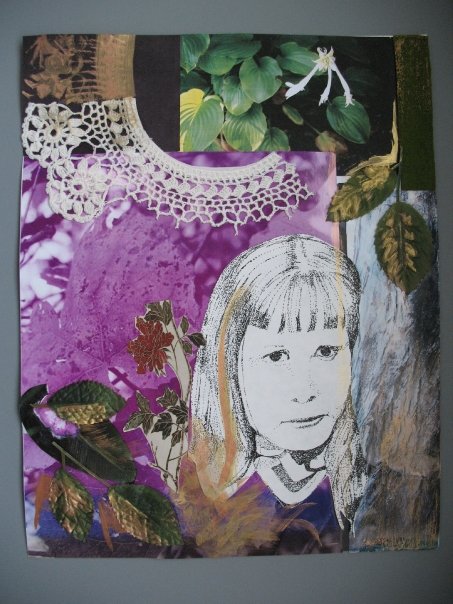
Over the years I feel like I’ve been diagnosed with everything. The psychiatrists I’ve seen don’t seem able to decide which labels fit me best. The ones I currently have seem to fit – bipolar 1, generalized anxiety disorder (GAD), panic disorder, social anxiety disorder and dissociation. But over the years mental health professionals have told me I have borderline personality disorder (BPD), dissociative identity disorder (DID), schizoaffective disorder, ADHD… Then they changed their minds.
As I see it, there are good and bad sides to diagnoses.
The Good:
1. We’re not “crazy,” we have an illness.
It’s so comforting to know that I’m not “crazy.” No, I have a legitimate medical illness. So the way I feel, it’s part of my illness. It’s OK.
2. We’re not alone.
It’s nice to know I’m not the only one who feels the things I feel. It’s great to go online and find a bipolar-centric message board. It’s great to go to a support group, say that I’ve been having dissociative problems, and have someone else raise a hand and say that he deals with the same thing.
3. We have a “shorthand” to explain what’s going on with us.
It takes forever to explain my symptoms. Explaining to someone about my changing mood states takes a while. Instead, I can just say “bipolar disorder” and then they have the basic idea, or could look up a definition if they want. It’s so much easier. If I’m having a rough week, I can tell a friend that I’m struggling with depression. When I leave somewhere unexpectedly, I can tell people later that I had a panic attack. The terms help.
4. We can raise awareness and be advocates for others like us.
It’s awesome that I can explain my own condition and help raise awareness for other people. So often, I have shared my story with someone and they thanked me, saying something like, “Now I understand my niece [or brother, or friend] better.” Or if I correct someone who is speaking hurtfully about mental illness, I am advocating and raising awareness for other people besides me.
5. It’s easier to separate ourselves from the disorder.
I am Anna. I have these problems. I’m not “crazy.” I have bipolar disorder.
The Bad:
1. Stereotypes.
There are so many stereotypes about different mental illnesses. When I tell someone my diagnosis, they often think of the stereotype. Then I have to fight the stereotype.
2. In my experience psychiatrists and counselors treat us the same as everyone else with the disorder.
I have gone to so many psychiatrists who say, “This is the med I put all my bipolar clients on,” while I grit my teeth and respond, “But it’s not working for me!” Too often they would shrug their shoulders and keep prescribing it.
3. Feeling like we’re sick.
Sometimes diagnoses make me feel like I’m sick, broken and not as good as other people. When actually, fighting my illnesses every day often means I’m stronger. It’s not that I’m sick, it’s just part of my everyday battle.
4. Always educating others.
I get tired of explaining to people how bipolar does not mean “moody” and hearing voices doesn’t mean I’m “crazy” or dangerous. Anxiety is not the same as stress.
5. Being hurt when people say offensive things about our disorder.
I’m in class and my professor says that “bipolar clients are high risk” and “mania is dangerous.” People make a joke about “multiple personalities” and I am silently hurt since I have dissociative problems. But I can’t always speak up.
The Ugly:
Wearing the disorder instead of our names.
Sometimes depression or anxiety overwhelm me, and I feel like I am depression instead of myself. I keep reminding myself: no matter how much my mental illness overwhelms me, the important thing is that I am Anna. No mental illness, no labels, are going to change that. I am Anna and I matter.
Editor’s note: Please see a doctor before starting or stopping a medication.
We want to hear your story. Become a Mighty contributor here.
Thinkstock photo via kieferpix

